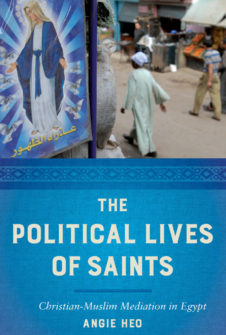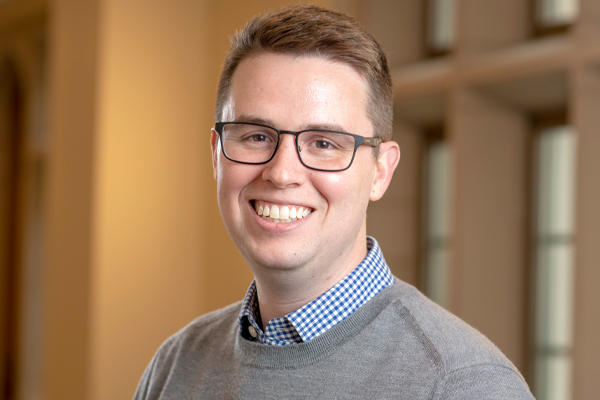
In her ethnographic account of Coptic life in the modern Egypt, The Political Lives of Saints: Christian-Muslim Mediation in Egypt, anthropologist Angie Heo seeks to counter the belief that religion, the secular, and the nation-state act independently of one another, instead reimagining them as interconnected sites of authority and power. However, rather than solely pursuing a discursive analysis, Heo trains her attention on the embodied practices in which Copts engage when they take up saintly relics, apparitions, and icons. Through various vignettes that analyze how such practices of veneration intersect with the wider institutional and ideological forces, Heo shows how Copts configure themselves in relationship to the Muslim-majority in Egypt as well as to the authoritarian Egyptian government.
The three essays in this symposium focus on how Heo makes space for the religious outside of, and sometimes in contest with, the secular. The religious here is not “apolitical” escape from the nation-state, but instead a politics imagined otherwise than what has been proffered by the state. Rachel Smith focuses on the interruption of secular temporalities that engagement with manifestations of saints makes possible. Anand Taneja shows how the affective energies transmitted by saintly images exceed the grasp of the religion/secular binary. And Kathryn Lofton reflects on perceptions of saintly wonderwork, arguing that such wonderwork suggests that there are human needs unmet by secular political configurations. In her reply, Heo responds by reflecting on both the possibilities and limits of theorizing saintly images as challenges to the secular.
Heo’s book and the essays collected here generate new ways of theorizing religion and secularism in the modern world that the Contending Modernities initiative seeks to foster. By thinking outside the US and European context about how secular and religious forces interact in the modern world, Heo’s book reminds us of the theoretical richness that is gained from expanding our accounts of religion and secularism.

